Microsoft defends Windows Defender against Kaspersky complaints, say they only want to protect their customers
2 min. read
Updated on
Read our disclosure page to find out how can you help MSPoweruser sustain the editorial team Read more


In a blog post, and without ever naming the Russian antivirus company, Microsoft has posted a defence of their Windows Defender practices which has been a source of anti-trust complaint by Kaspersky at various European courts.
Eugene Kaspersky, of the eponymous company, made some specific complaint, saying Microsoft automatically turned Windows Defender on when a 3rd party antivirus subscription expired. He also complained that Windows 10 updates sometimes cause Kaspersky to disappear from users’ PCs. Windows 10 then automatically turns on Windows Defender, claiming that the Kaspersky anti-virus “doesn’t work on this version of Windows. Kaspersky complained that independent software developers were given just seven days before the release of Windows 10 to make their software compatible with the new operating system, leaving too little time to make sure their application was compatible.
In their blog post, penned by Rob Lefferts, Partner Director, Security & Enterprise, Windows & Devices Group, Microsoft did not deny these actions, but denied any malicious intent, saying their drive was to make Window 10 the safest and most secure version of Windows ever.
Microsoft said they believed in “always on” protection and noted that they allowed antivirus companies to notify users multiple times when their subscription was due to expire, but when the user consciously allowed it to lapse their priority was to ensure the safety of a user and their PC, which meant automatically activating Windows Defender.
Microsoft also admitted to sometimes uninstalling 3rd party antivirus software, but only when the software was not compatible, saying 95% of applications were. Microsoft noted that through the Insider program they gave developers plenty of opportunities to test their applications to ensure they were compatible.
More specifically through the Microsoft Virus Initiative (MVI) program, Microsoft shared key technical details of Microsoft technologies with their AV partners to collaborate on future directions allowing the whole ecosystem to advance together as a whole.
Microsoft ended by saying they have actively engaged for more than 20 years with the antivirus ecosystem partners around the world to protect Windows users in the face of evolving cyber threats and looked forward to continued collaboration with these partners toward their mutual goal of protecting customers.
Read Microsoft’s full post here.

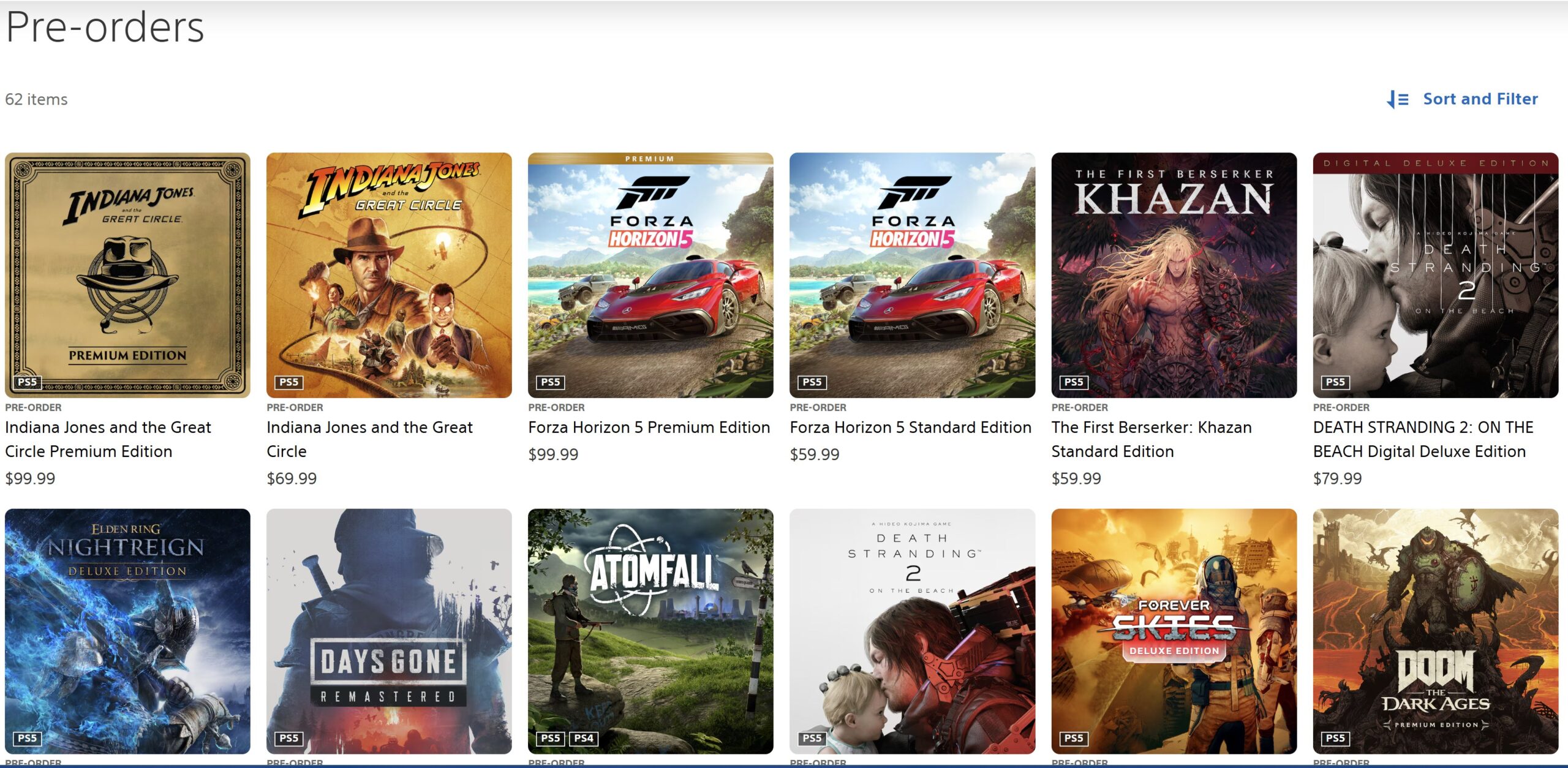
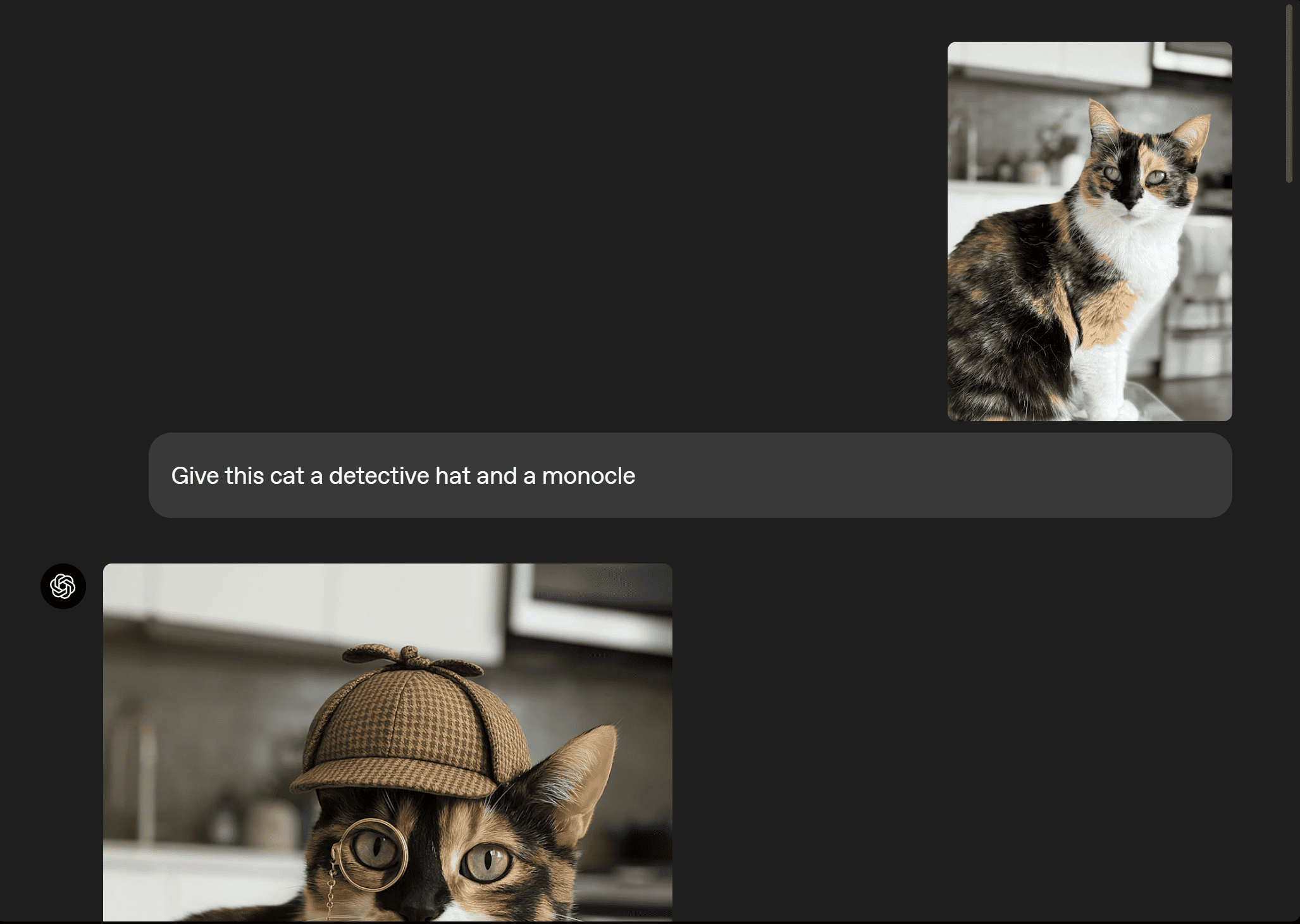
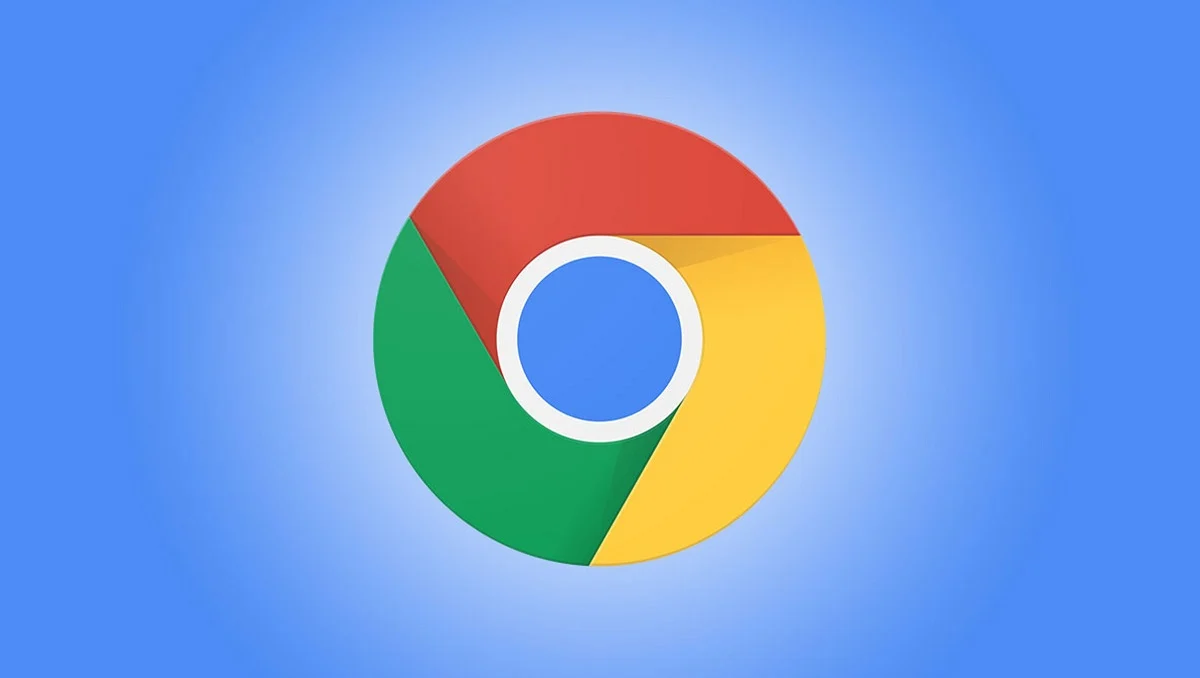
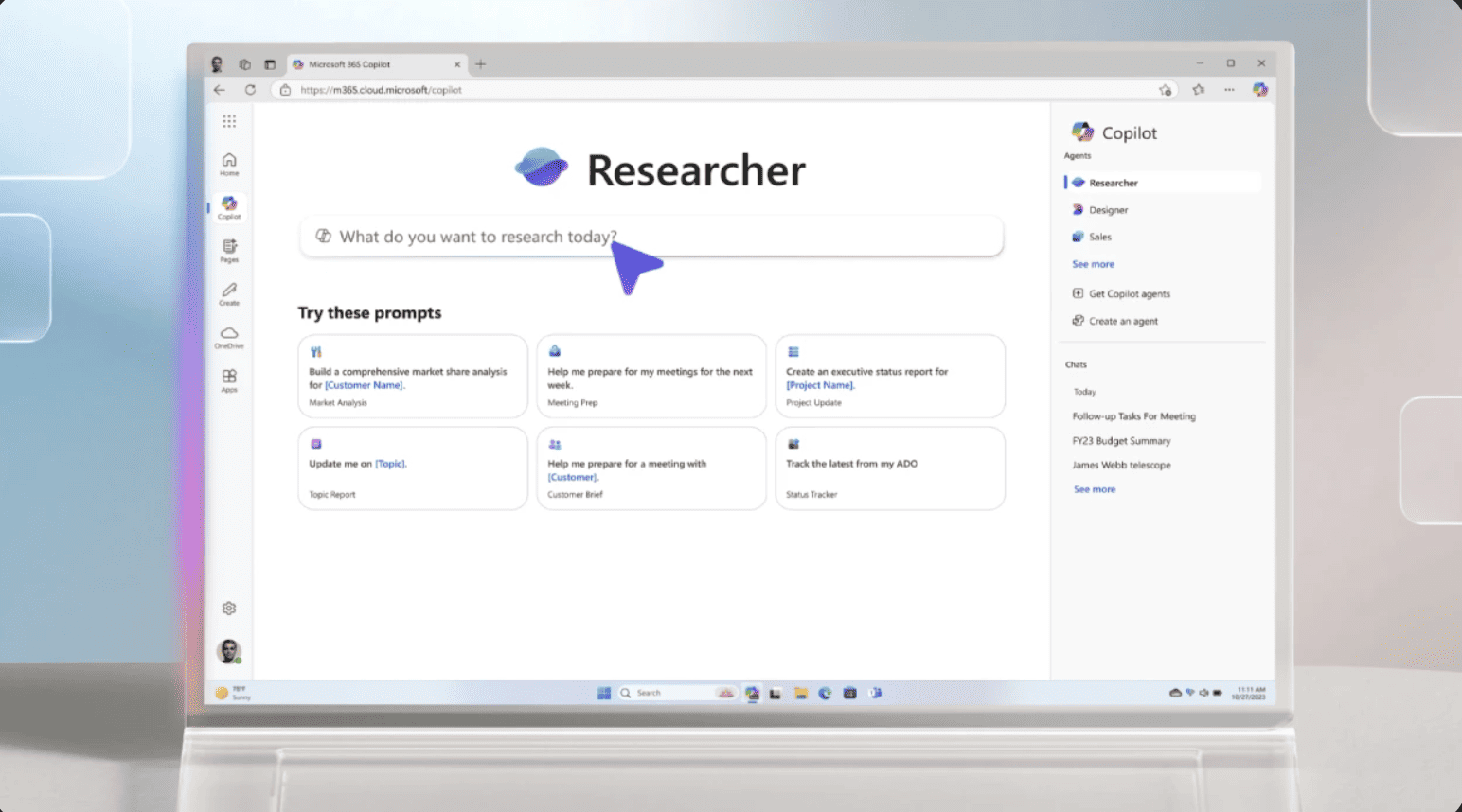
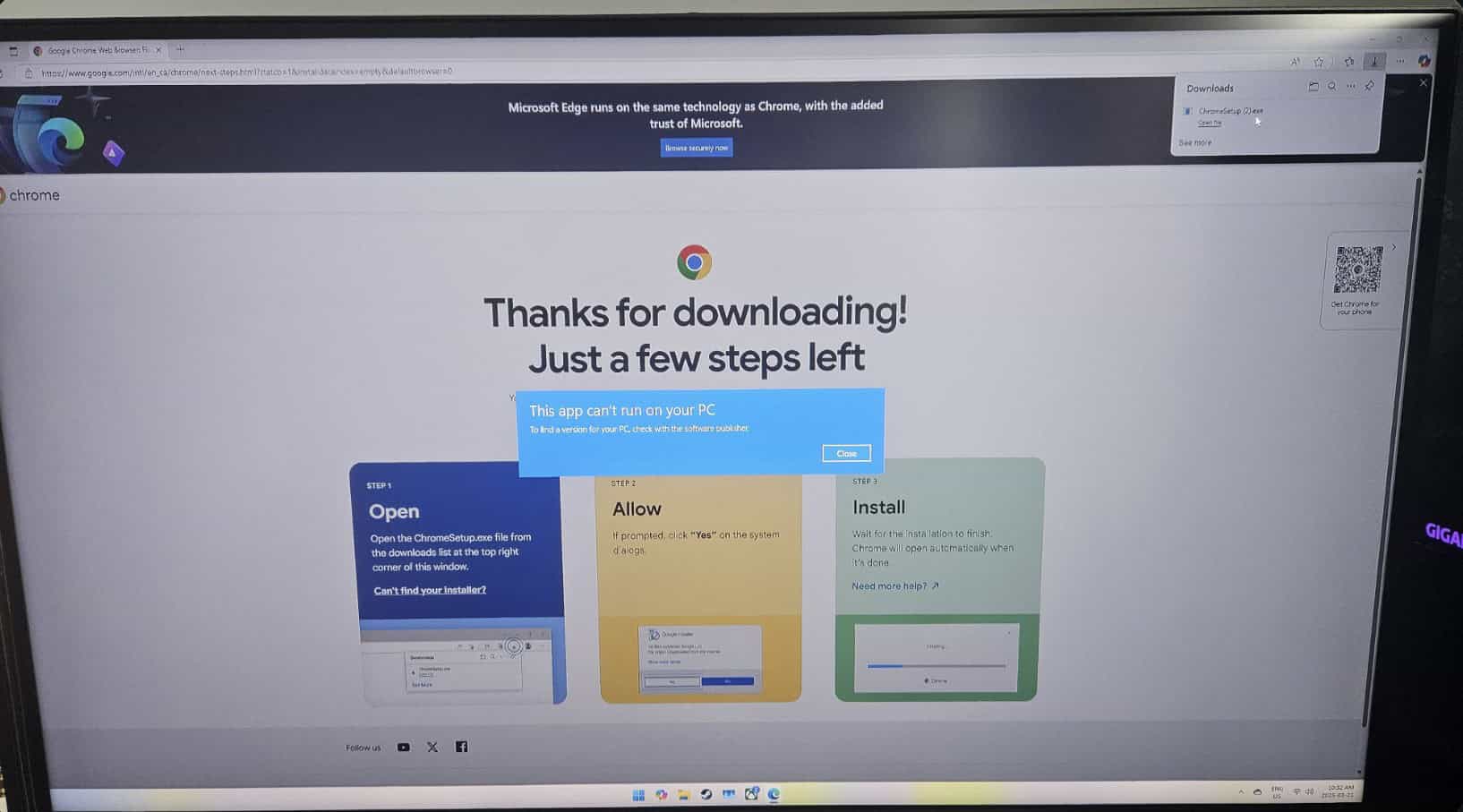
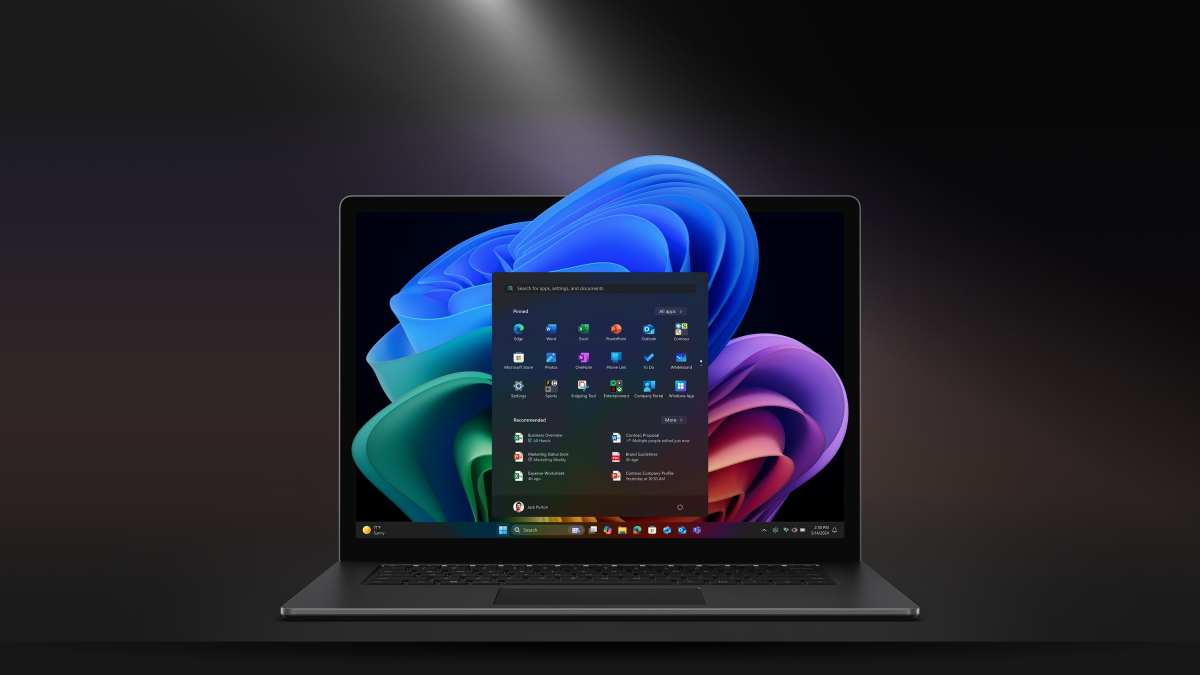
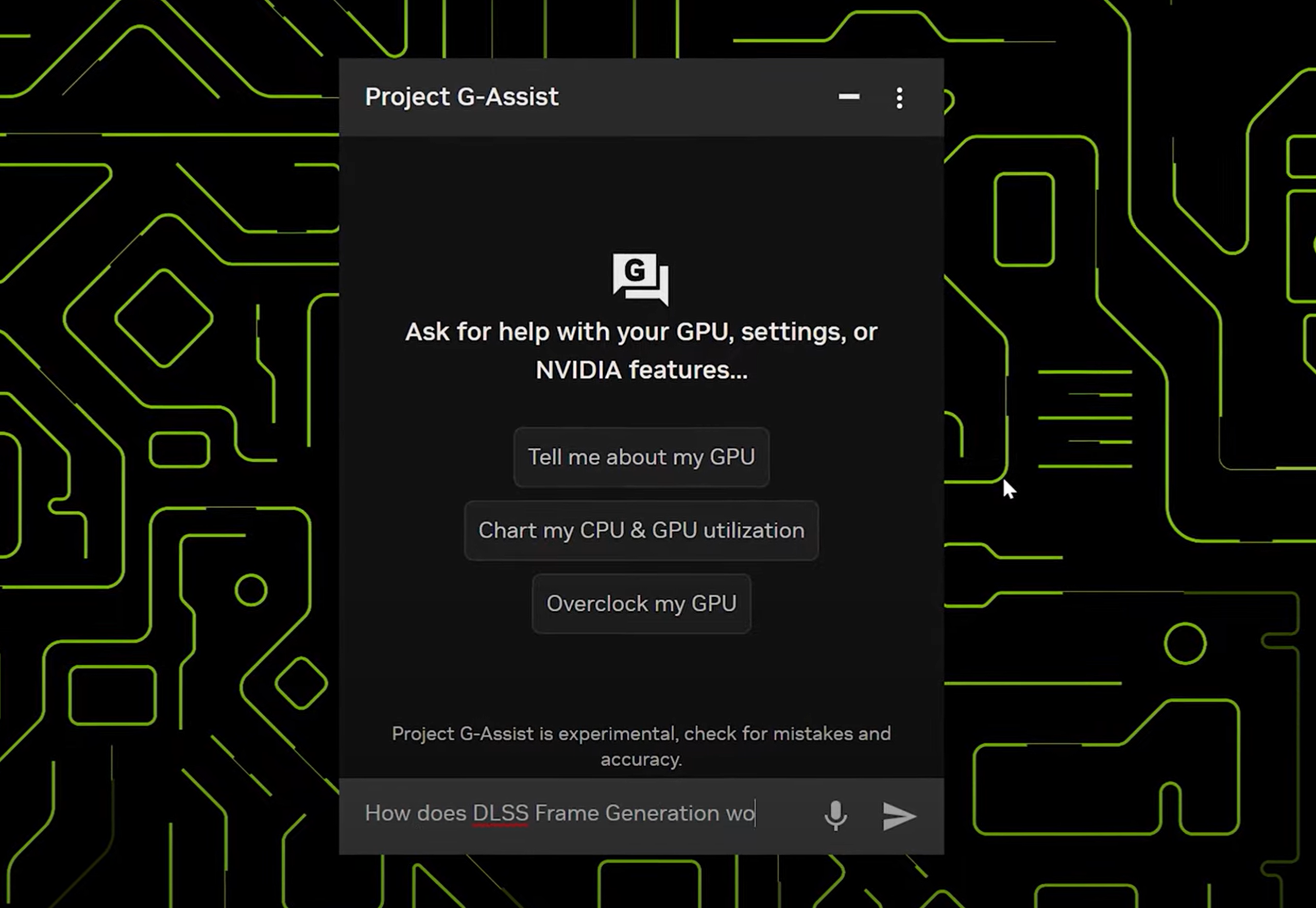
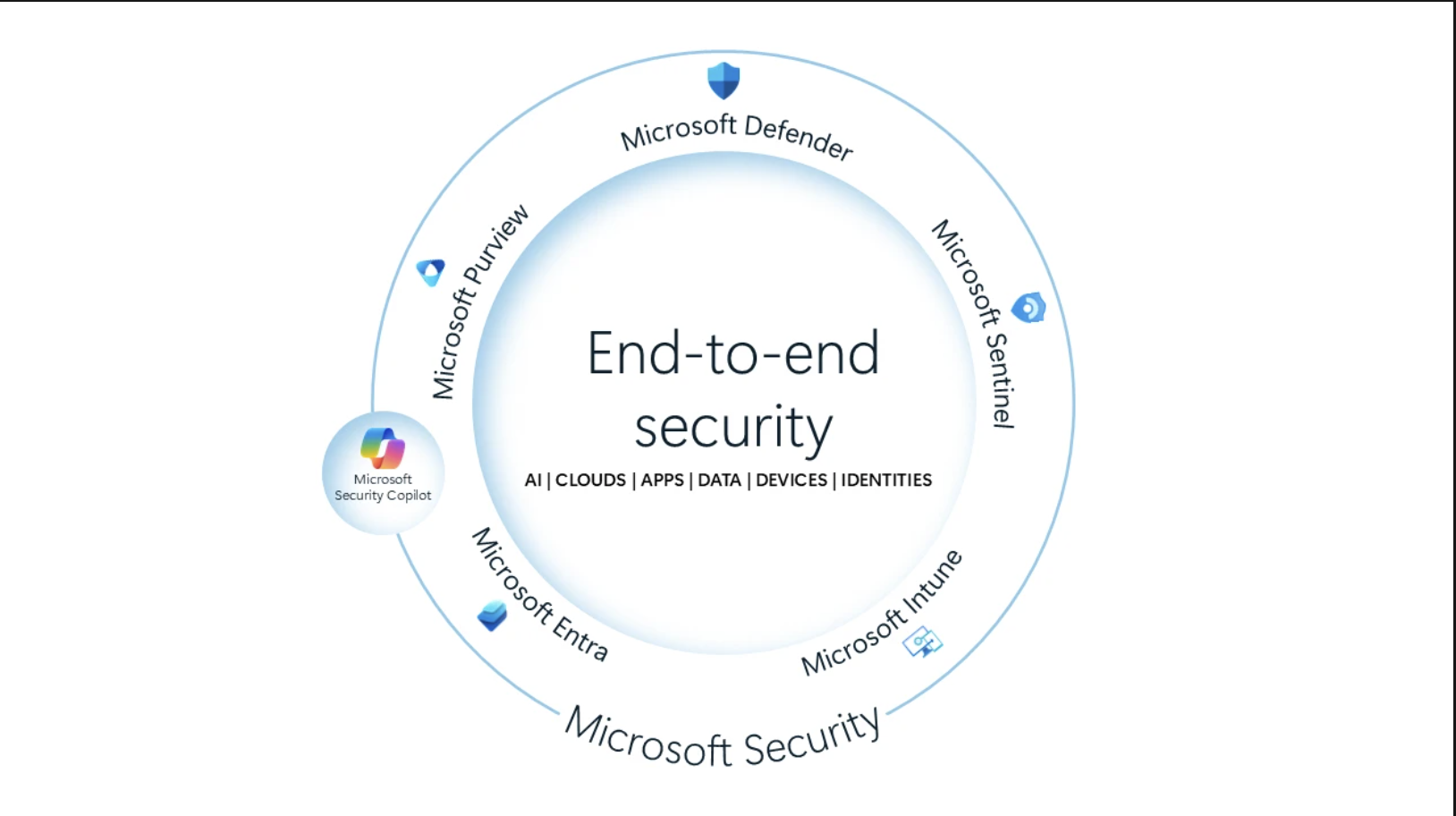
User forum
0 messages